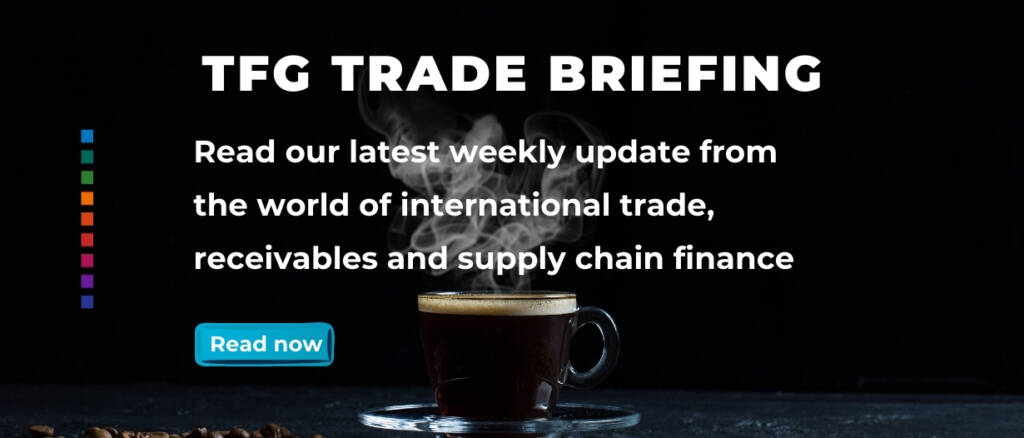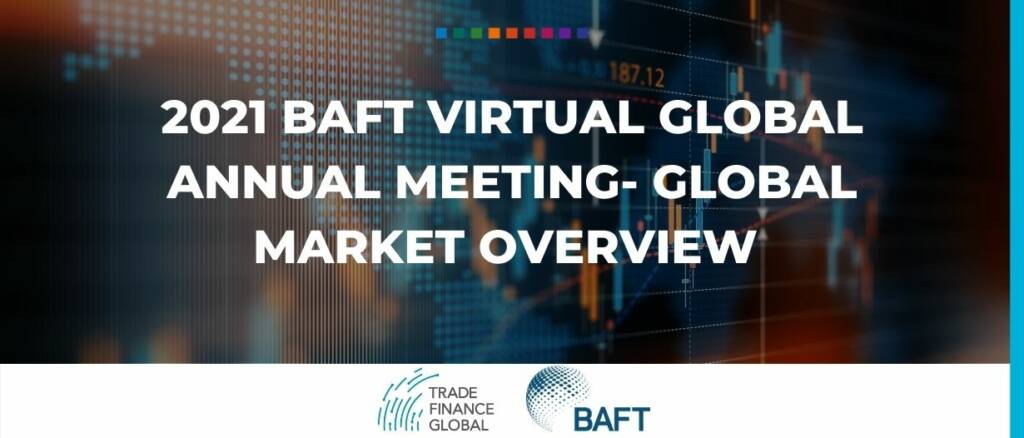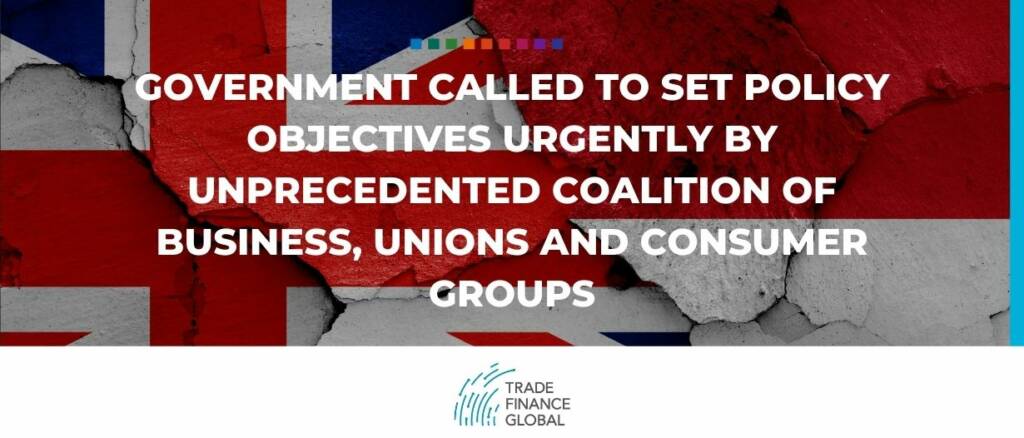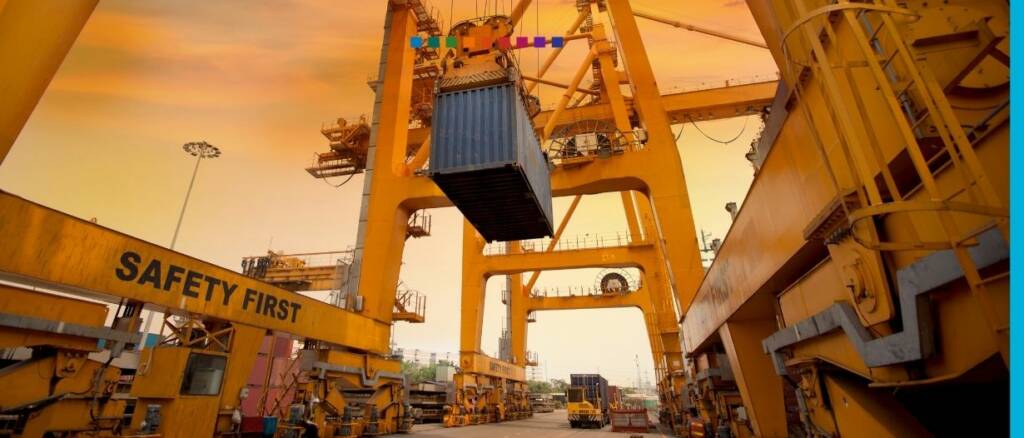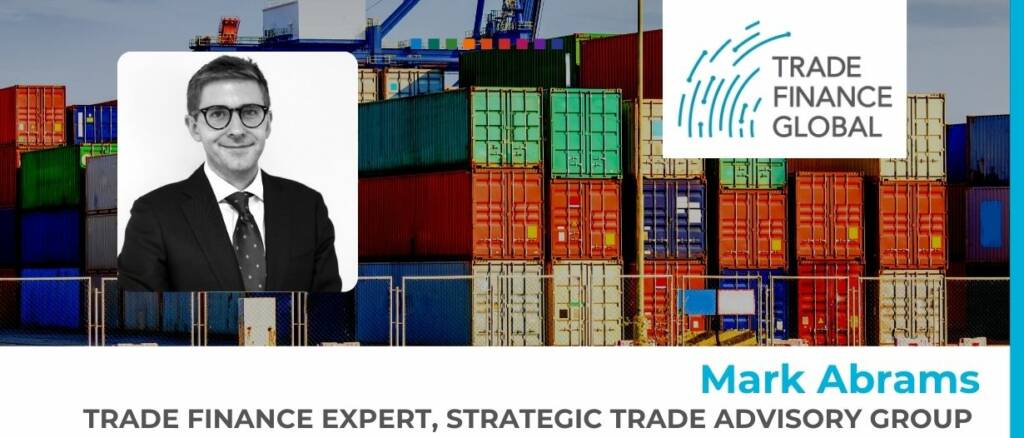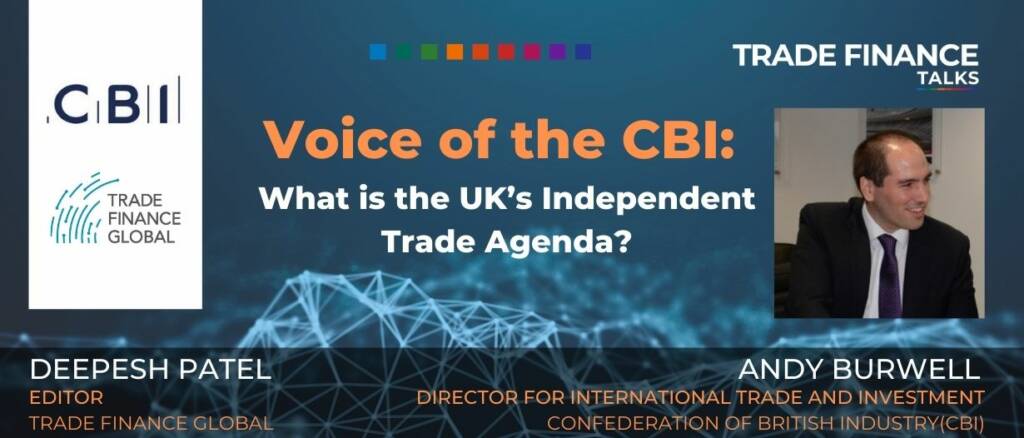Your morning coffee briefing from TFG. International Chamber of Commerce (ICC) warns G7 leaders they risk imposing major costs to the global economy absent of a step-change in their approach to managing the Covid-19 pandemic. UN Trade Forum 2021 to explore how to ensure a COVID-19 economic recovery that protects the planet and promotes inclusive development.
The global macro economic impact of the pandemic and how its prolonged impact on certain sectors and trade was discussed at length in a panel moderated by Jake Jacobson at the BAFT’s 2021 virtual Global Annual Meeting.
Your morning coffee briefing from TFG. G7 strikes historic agreement on taxing multinationals, WTO launches a Gender Research Hub to promote cooperation on trade and gender issues and Brexit shrank UK service exports by £110bn, highlighting the extensive consequences of Britain’s decision to break away from the EU.
On June 2nd, the Government must set clear objectives on jobs, inequality and the environment for its post-Brexit trade policy, as an unprecedented coalition of unions, business groups and consumer… read more →
Your Monday morning coffee briefing from TFG.
FCI reports a drop in global factoring statistics in 2020, linked to a drop in trade volumes due to the pandemic.
Your Monday morning coffee briefing from TFG. The world is emerging from a deep recession, and the recovery is coming faster than expected. With more than 800m vaccines administered globally, activity holding up despite lockdowns and additional fiscal stimulus coming. The IMF expects the global economy to stage a strong recovery, growing by 6.0% this year, with growth of 4.4% in 2022.
Your Monday morning coffee briefing from TFG. The IMF upgraded its growth forecasts for developed countries and said the global recession would have been three times as deep had governments not intervened.
UK Export Finance (UKEF) is launching a new guarantee scheme that will help importers of UK goods and services obtain easier access to financing up to £30 million.
Mark Abrams, Director at Trade Finance Global (TFG), has confirmed his position on the Strategic Trade Advisory Group (STAG) for the Department of International Trade (DIT) for the new term of 2020-2022.
We heard from the CBI’s Andy Burwell, on the UK’s independent trade agenda post Brexit, focusing on the EU, Japan and ASEAN.















